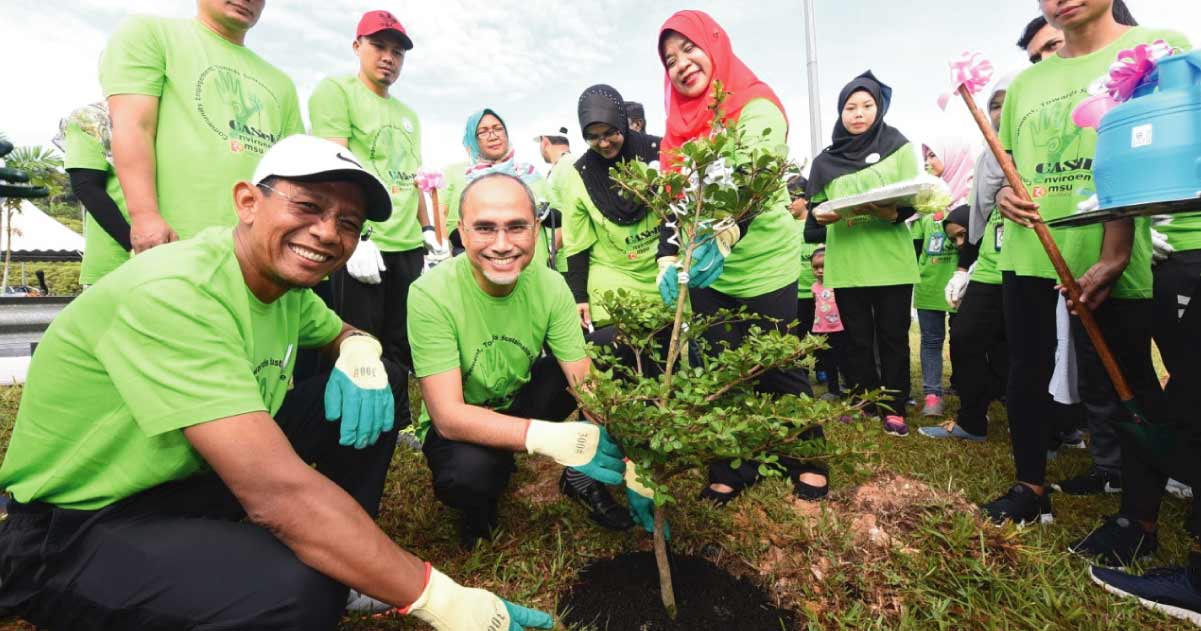

On a flight, the answers to two out of three important questions are constantly fed to you. One is the direction the airplane is taking (so you know whether you are on the right track to your destination), the other is the airplane’s speed (so you can time how fast you are getting to that destination). The third is not told to you, because its question is one whose concern is assigned to the pilot: Can the airplane’s course be sustained for the duration of the journey, with how much fuel is in the tank?
The plane’s analogy for sustainability points to the importance of knowing what you have in hand that is equivalent to the fuel in the tank. It is November 2020, and the world is still grappling with a global pandemic. Lives and livelihoods have been threatened or lost, with more than nine hundred thousand fatalities, over twenty-seven million confirmed cases, and billions having undergone lockdown. Humanity is being put at stake; with social inequalities continuing to emerge in the wake of COVID-19, and a climate crisis in the thick of it.
Twenty million people find themselves displaced by extreme weather every year, and the past decade has been the hottest on record. In December 2019, temperatures above 47 degrees Celsius (117 degrees Fahrenheit) were recorded in Australia, where erupting wildfires killed or displaced nearly three billion animals up to January. In May, cyclone Amphan stormed through Eastern India, and California wildfires combusted August.
Rainforests, too, are making an impact. Every six seconds, one football field of rainforest is destroyed. One million plant and animal species are on the brink of extinction. If the rates of decline continue with our topsoil exhaustion, water supply pollution, and ocean poisoning, by 2050 the coral reefs will be largely gone and there could be more plastic than fish in the ocean.
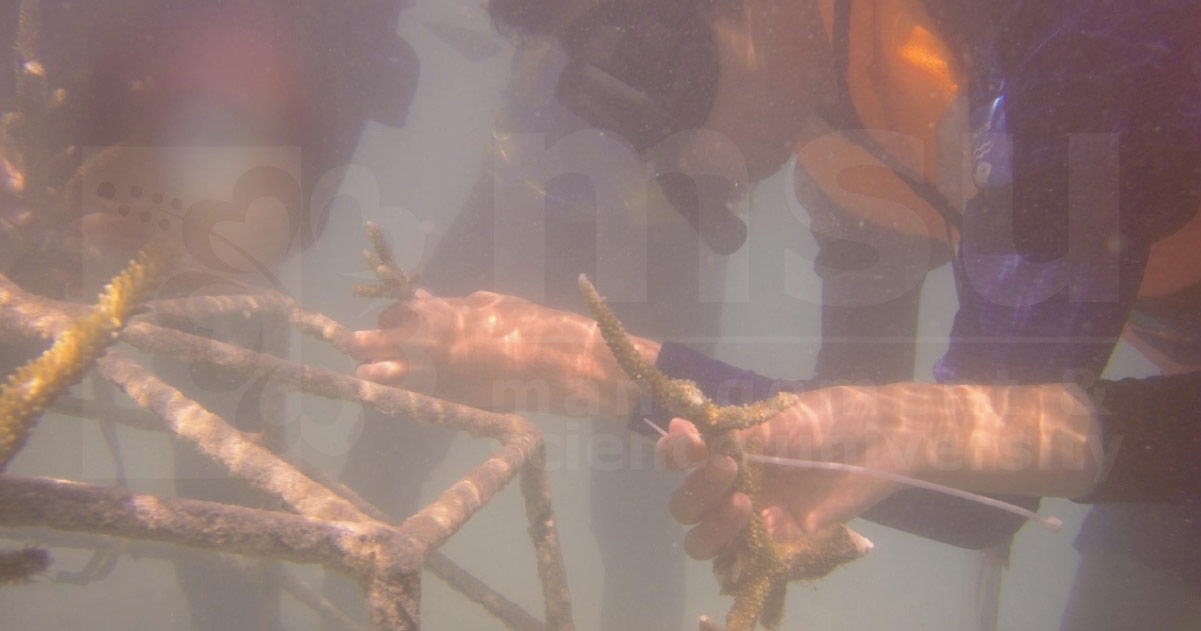
Greening the blue with MyCoral 3.0
Under the sea with MyCoral 4.0
Behavioural intervention, for a difference
To some, climate change is a distant threat whose most severe impacts will only be felt decades far into the future. But it is here now and hurting humanity.
Climate change is an enormous threat to the health of both people and economy. The longer we wait, the more costly and difficult it will be to arrest its effects. COVID-19 may in fact exemplify the danger of unchecked environmental destruction. Our intrusion into remote animal territories may explain the increase in incidences of viruses leaping from animals to people.
MSU introduces environmental health degree
We have a short time to turn around the global rise in emissions of heat-trapping gases. Slight increases in heat are already causing severe economic stress at the equatorial regions. The damage to Earth with temperatures averaging 1.1 or 1.2 Celsius above pre-industrial values is frightening. At the current rate, we will reach 1.5 Celsius or more above pre-industrial values. Research shows that this can be catastrophic.
The climate is changing mainly to the tune of carbon dioxide pollution from the burning of fossil fuels. By 2030, we need to have at least halved global emissions. The pandemic is showing us that our lives move on more or less OK if we conduct our businesses at a distance. A ten-hour flight, burning four litres of kerosene every second onboard a Boeing 747, can save 150,000 litres of jet fuel for every inter-continental trip replaced by the facility of teleconferencing.
We need also to produce sustainably and consume responsibly. Some thirty to forty percent of the world’s food supply are constantly wasted – enough food to feed a billion people but are instead left to rot and release methane, a greenhouse gas.
Meals on Me for MSUrians during COVID-19 MCO
One good that has come from COVID-19’s lockdowns is the environment’s display of its capability for natural repair in the absence of human disruption. With dolphins returning to the canals of Italy, lions reclaiming the roads in Kruger National Park, and the Himalayas visible once again for the first time in a long, long time, the lockdowns are proving that people, too, possess enormous capacity for change; in ways of living, working, and self-organization.
As the next eight to ten years will determine our quality of life for the next hundred to two hundred years, it is time to change our treatment of the natural world. The pandemic reminds us how closely we interconnect, and how working together in solidarity can build our resilience against future global challenges. And studies suggest that technological approaches to sustainability must be accompanied by efforts to reduce inequalities, because inequalities across diversity affect sustainability.
In song and spirit, harmony across diversity
Bonding over flavours and colours
Giving & Grateful experience for community's less fortunate
Towards UN goal of education for all
A gift of knowledge and learning
Urgent solutions for urgent times: Nations United
First used in the Declaration of 1st January 1942, the name United Nations officially came into existence on 24th October 1945. Seventy years later on 25th September, all its member states subscribed to a set of solutions for the world’s biggest problem; with an agreement to focus on seventeen United Nations Sustainable Development Goals (UNSDGs).
National River Trails in pilot project for the SDGs
River of Life activities in new UNSDG collaboration
Educational opportunities to build environmental sustainability and robustness
Transforming lives, enriching future: Management and Science University
The UNSDGs provide a road map to a better world by 2030 for both people and the planet. Collectively, they form a global call to action for an end to poverty and hunger while meeting a range of social needs including universal access to education and healthcare. Our recovery from COVID-19 must lead to an economy that works for everyone; green jobs and healthier lives with clean air and clean water. Coming up Top 10 in Malaysia on the Times Higher Education (THE) Impact Rankings 2020, ranking in seven out of the seventeen UNSDGs, is Management and Science University (MSU).
MSU in THE Impact Rankings 2020
MSU’s initiatives for the UNSDGs first received recognition through the inaugural THE Impact Rankings 2019, where the University was ranked World Top 200 for impact on good health and wellbeing, gender equality, and reduced inequalities. Measured for MSU were eleven of the seventeen UNSDGs; among which were health and wellbeing, quality education, and climate action.
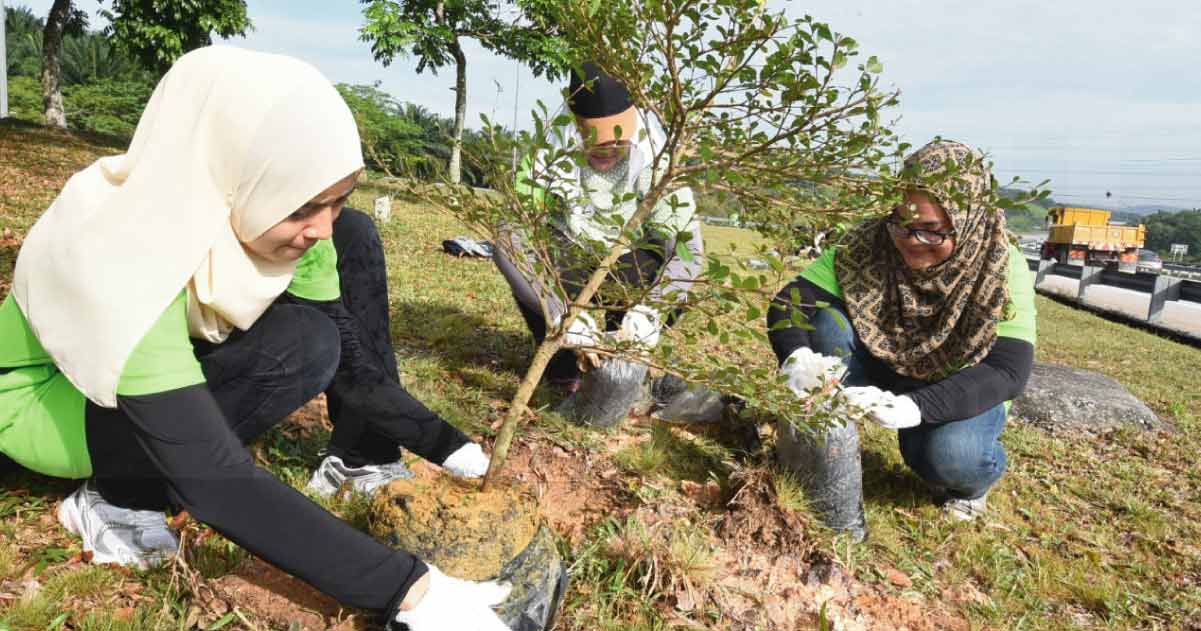
Solutions for a sustainable world in MSU’s THE Impact Rankings 2019
With a leadership on the sustainability vision, goals, strategy, and partnerships, the MSU organization presents a living lab for initiatives towards the UNSDGs. Whilst the University’s strengths are leveraged to catalyze solutions beyond the campus walls, innovative, collaborative projects tap into a great opportunity for working together through community engagement and industry embedment.
Focus on health, wellbeing and quality education in MSU’s COVR
Towards a healthier society with iMPACHS
Eye Carnival advances MSU cause for sight
University-wide sustainability goals with solutions to challenges threatening health and wellbeing of people and planet engage extraordinary levels of collaboration across MSU’s local as well as offshore campuses. Partnerships among students, faculty, and researchers increase operational effectiveness, institutionalize best practices, and generate solutions that can be scaled up and widely replicated beyond campus boundaries.
Healing ailing land, mending with mangrove
Transforming lives in Bangalore slum
Aim for new benchmarks in Piliyandala’s community healthcare
MSU International: MSI Colombo
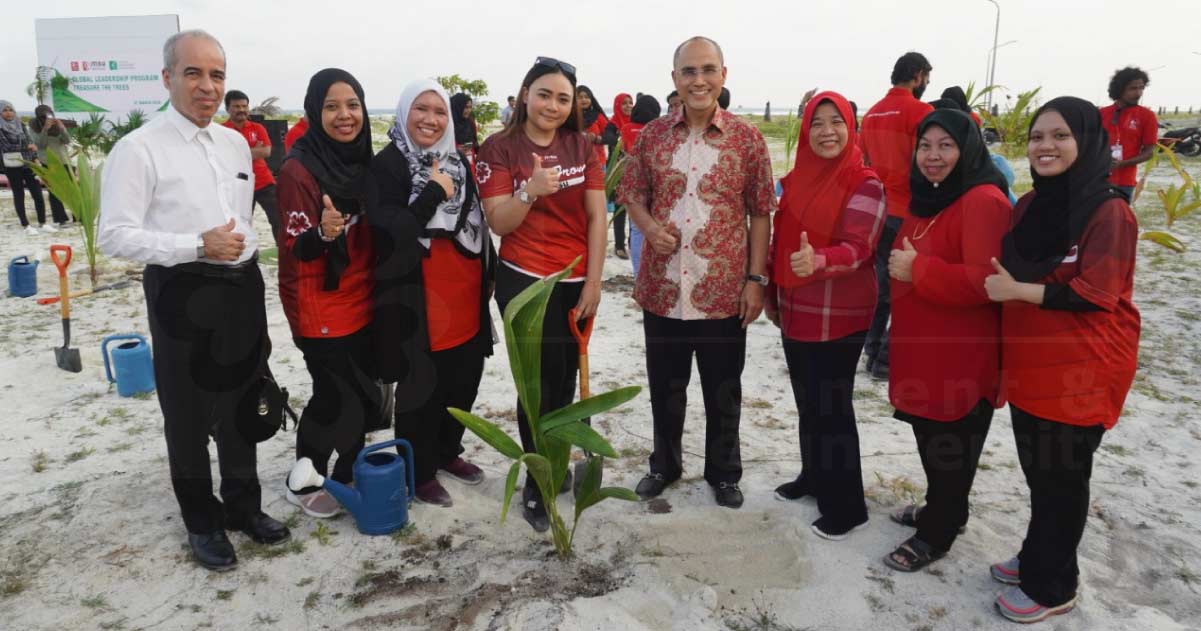
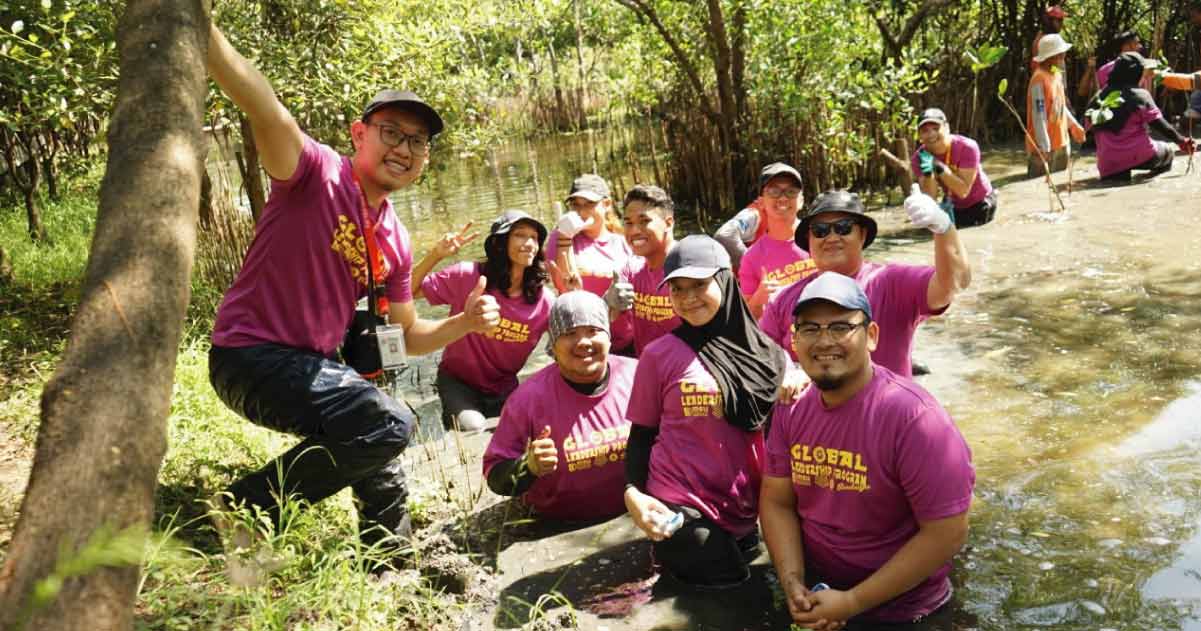
By its reputation and partnerships, MSU is in a position to be a leader in advancing achievement of the UNSDGs. Its missions in teaching, learning, and research stretch the MSU commitment to important actions locally and globally.
MSU is Asia Pacific Finalist for Student-Driven Sustainability Project of the Year
Best Green Invention award to MSU’s MyCoral Seascape innovation
River Cleaning Robot wins Innovation Entrepreneur Competition
Fight against depression gives MSU its 31st Malaysia Record
SODA launch on World Mental Health Day
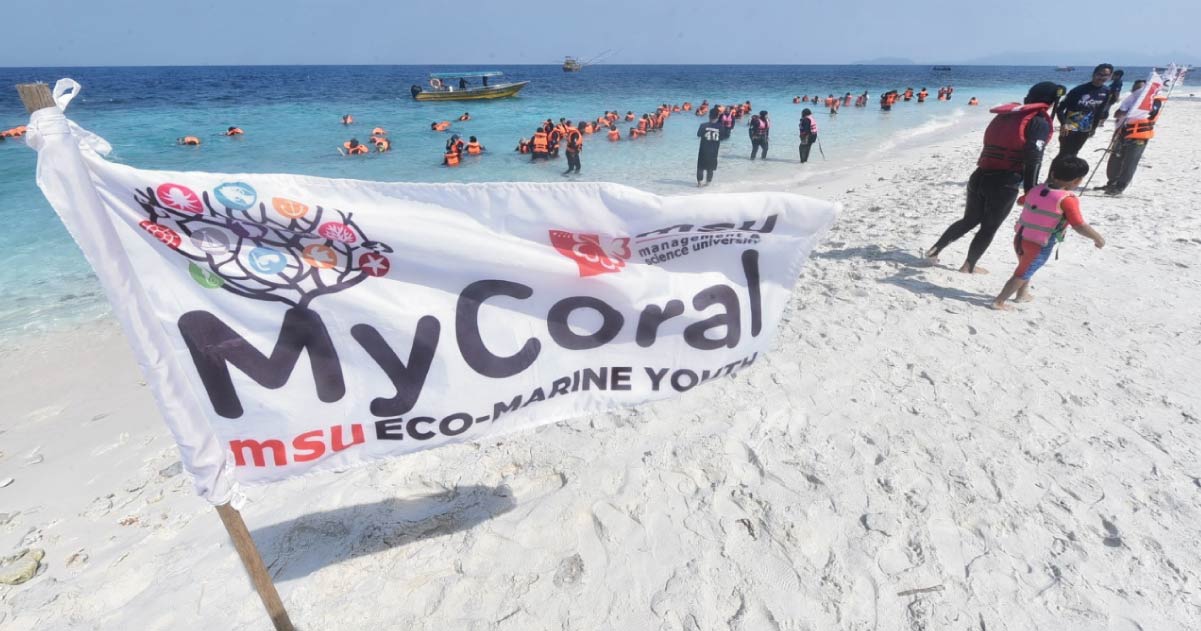
.jpg)
MSU’s campus grounds, facilities, and social entrepreneurship culture form live labs for innovative ideas and pilot projects driving global solutions to climate change. Advancing the sustainability aims of the UNSDGs are the University’s faculty, students, and staff; all who collectively apply the latest thinking and research to leverage strengths in teaching, learning, and community engagement. Making a difference besides the teaching, learning, and research are efforts towards carbon-footprint reduction.
Nuang reopens to MSU’s My Mountain project
Sustainable development through eco-innovations in MSU’s 7th iReX
Another gold for MSU’s natural hand sanitizer in Innovation to Advance, Invention to Survive
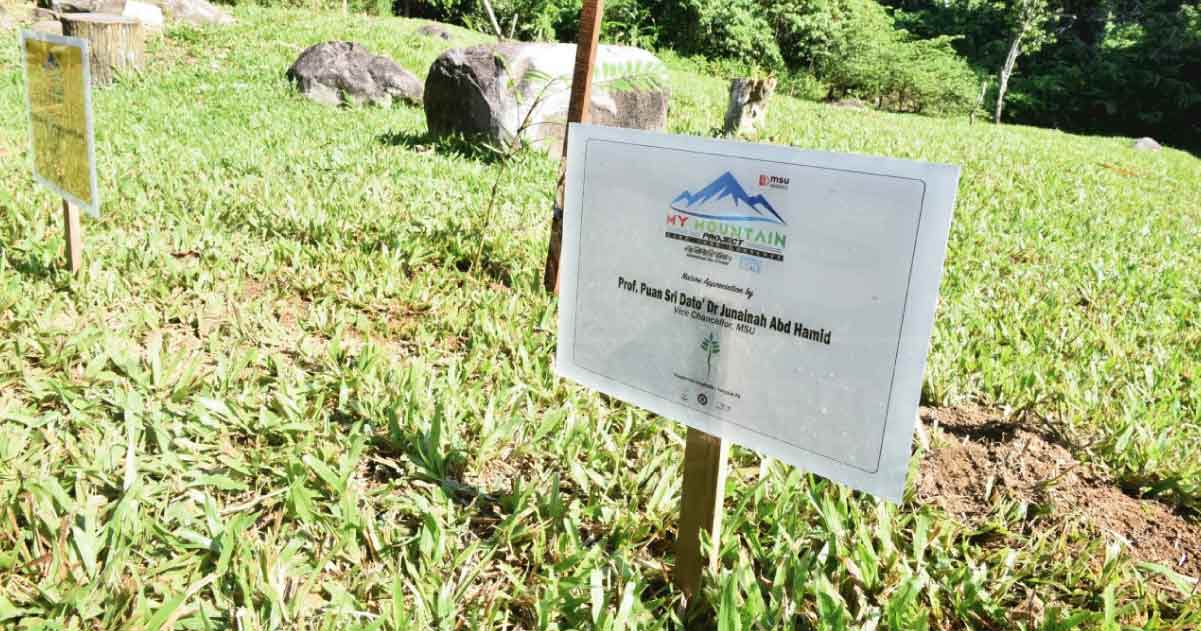
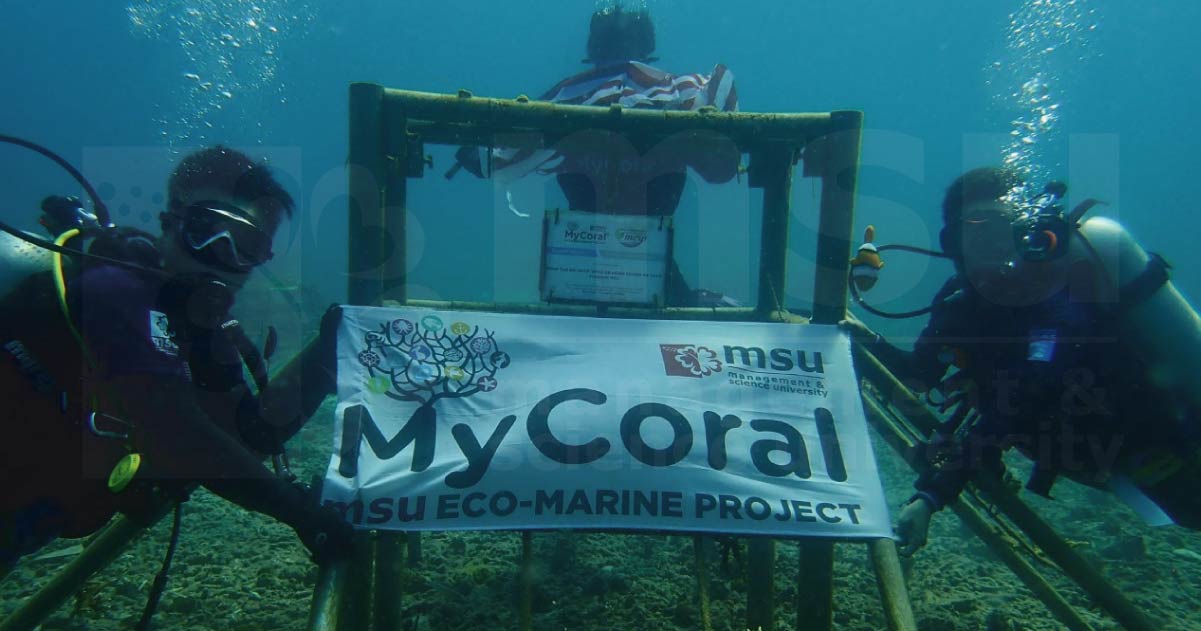
Commuting at MSU is helped on by the compactness of the main campus in Shah Alam Section 13. MSU’s student accommodation The Residence is right next door to the adjacent MSUMC – the Medical Centre offering comprehensive specialist services and bearing the distinction of being the country’s first private university teaching hospital. MSU recently gave its buildings a green makeover in sustainable white to welcome its September-intake students.
MSU’s Nature Appreciation celebrates International Day of Forests 2019
Mudballs in new Malaysia record with River Revival project by MSU International Medical School
ECHO for community healthcare and environmental sustainability
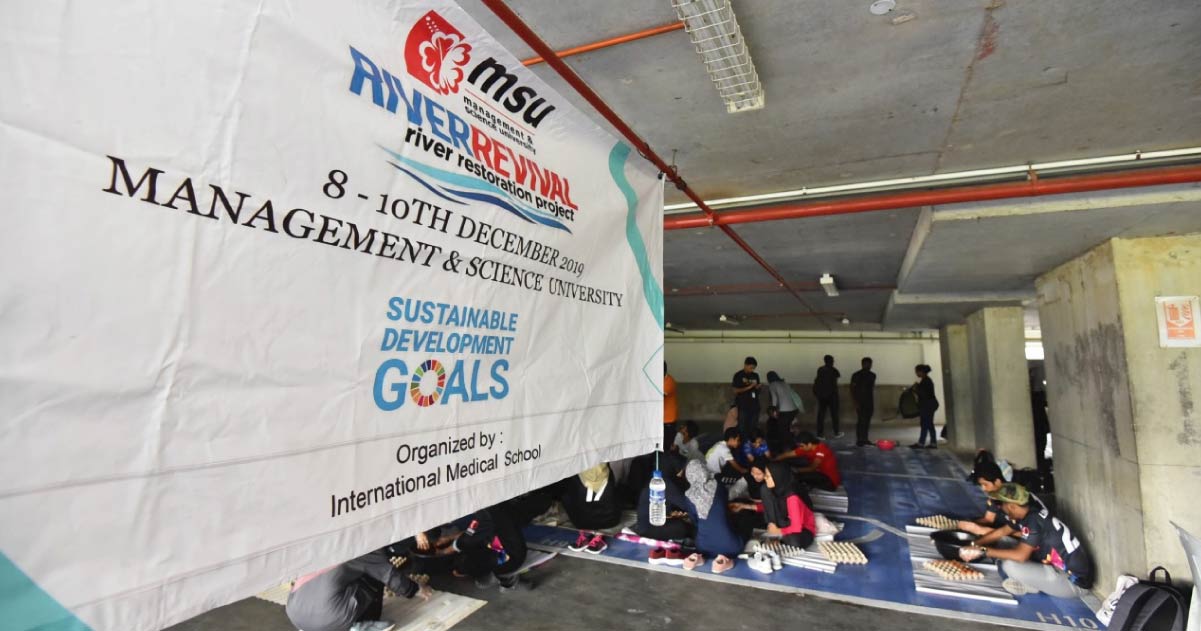

MSU Bachelor of Science in Aviation Management and Piloting (Hons)
MSU Bachelor in Outdoor Recreation Management (Hons)
MSU Bachelor in Environmental Health (Hons)
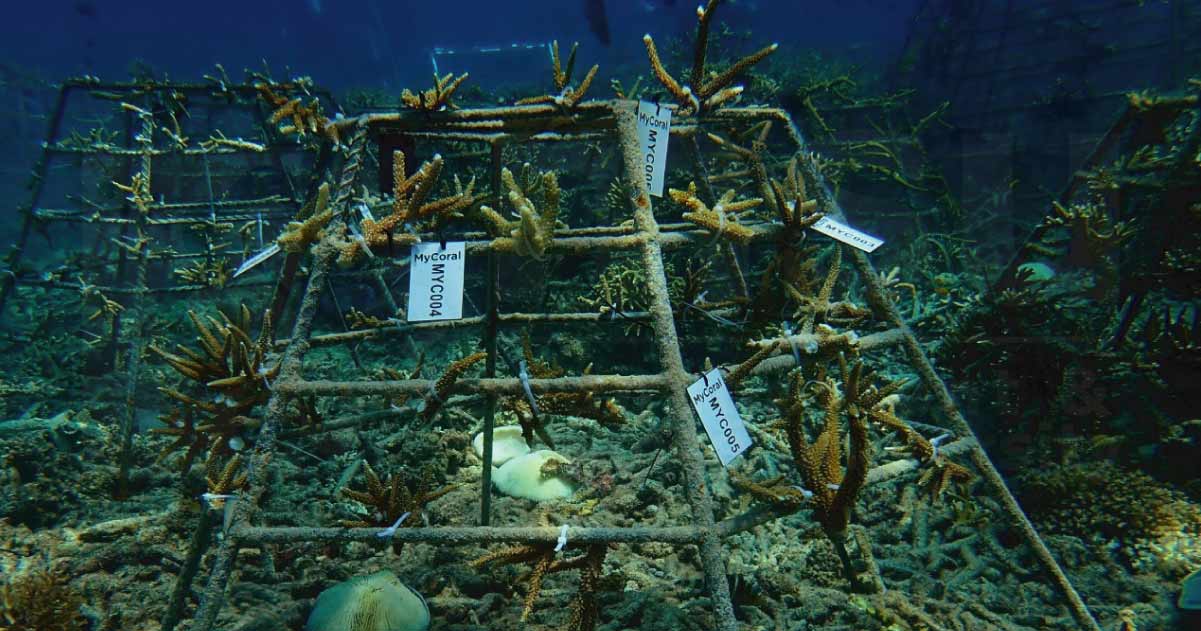
On a flight, the answers to two out of three important questions are constantly fed to you. One is the direction the airplane is taking (so you know whether you are on the right track to your destination), the other is the airplane’s speed (so you can time how fast you are getting to that destination). The third is not told to you, because its question is one whose concern is assigned to the pilot: Can the airplane’s course be sustained for the duration of the journey, with how much fuel is in the tank?
The plane’s analogy for sustainability points to the importance of knowing what you have in hand that is equivalent to the fuel in the tank. It is November 2020, and the world is still grappling with a global pandemic. Lives and livelihoods have been threatened or lost, with more than nine hundred thousand fatalities, over twenty-seven million confirmed cases, and billions having undergone lockdown. Humanity is being put at stake; with social inequalities continuing to emerge in the wake of COVID-19, and a climate crisis in the thick of it.
Twenty million people find themselves displaced by extreme weather every year, and the past decade has been the hottest on record. In December 2019, temperatures above 47 degrees Celsius (117 degrees Fahrenheit) were recorded in Australia, where erupting wildfires killed or displaced nearly three billion animals up to January. In May, cyclone Amphan stormed through Eastern India, and California wildfires combusted August.
Rainforests, too, are making an impact. Every six seconds, one football field of rainforest is destroyed. One million plant and animal species are on the brink of extinction. If the rates of decline continue with our topsoil exhaustion, water supply pollution, and ocean poisoning, by 2050 the coral reefs will be largely gone and there could be more plastic than fish in the ocean.

Greening the blue with MyCoral 3.0
Under the sea with MyCoral 4.0
Behavioural intervention, for a difference
To some, climate change is a distant threat whose most severe impacts will only be felt decades far into the future. But it is here now and hurting humanity.
Climate change is an enormous threat to the health of both people and economy. The longer we wait, the more costly and difficult it will be to arrest its effects. COVID-19 may in fact exemplify the danger of unchecked environmental destruction. Our intrusion into remote animal territories may explain the increase in incidences of viruses leaping from animals to people.
MSU introduces environmental health degree
We have a short time to turn around the global rise in emissions of heat-trapping gases. Slight increases in heat are already causing severe economic stress at the equatorial regions. The damage to Earth with temperatures averaging 1.1 or 1.2 Celsius above pre-industrial values is frightening. At the current rate, we will reach 1.5 Celsius or more above pre-industrial values. Research shows that this can be catastrophic.
The climate is changing mainly to the tune of carbon dioxide pollution from the burning of fossil fuels. By 2030, we need to have at least halved global emissions. The pandemic is showing us that our lives move on more or less OK if we conduct our businesses at a distance. A ten-hour flight, burning four litres of kerosene every second onboard a Boeing 747, can save 150,000 litres of jet fuel for every inter-continental trip replaced by the facility of teleconferencing.
We need also to produce sustainably and consume responsibly. Some thirty to forty percent of the world’s food supply are constantly wasted – enough food to feed a billion people but are instead left to rot and release methane, a greenhouse gas.
Meals on Me for MSUrians during COVID-19 MCO
One good that has come from COVID-19’s lockdowns is the environment’s display of its capability for natural repair in the absence of human disruption. With dolphins returning to the canals of Italy, lions reclaiming the roads in Kruger National Park, and the Himalayas visible once again for the first time in a long, long time, the lockdowns are proving that people, too, possess enormous capacity for change; in ways of living, working, and self-organization.
As the next eight to ten years will determine our quality of life for the next hundred to two hundred years, it is time to change our treatment of the natural world. The pandemic reminds us how closely we interconnect, and how working together in solidarity can build our resilience against future global challenges. And studies suggest that technological approaches to sustainability must be accompanied by efforts to reduce inequalities, because inequalities across diversity affect sustainability.
In song and spirit, harmony across diversity
Bonding over flavours and colours
Giving & Grateful experience for community's less fortunate
Towards UN goal of education for all
A gift of knowledge and learning
Urgent solutions for urgent times: Nations United
First used in the Declaration of 1st January 1942, the name United Nations officially came into existence on 24th October 1945. Seventy years later on 25th September, all its member states subscribed to a set of solutions for the world’s biggest problem; with an agreement to focus on seventeen United Nations Sustainable Development Goals (UNSDGs).
National River Trails in pilot project for the SDGs
River of Life activities in new UNSDG collaboration
Educational opportunities to build environmental sustainability and robustness
Transforming lives, enriching future: Management and Science University
The UNSDGs provide a road map to a better world by 2030 for both people and the planet. Collectively, they form a global call to action for an end to poverty and hunger while meeting a range of social needs including universal access to education and healthcare. Our recovery from COVID-19 must lead to an economy that works for everyone; green jobs and healthier lives with clean air and clean water. Coming up Top 10 in Malaysia on the Times Higher Education (THE) Impact Rankings 2020, ranking in seven out of the seventeen UNSDGs, is Management and Science University (MSU).
MSU in THE Impact Rankings 2020
MSU’s initiatives for the UNSDGs first received recognition through the inaugural THE Impact Rankings 2019, where the University was ranked World Top 200 for impact on good health and wellbeing, gender equality, and reduced inequalities. Measured for MSU were eleven of the seventeen UNSDGs; among which were health and wellbeing, quality education, and climate action.

Solutions for a sustainable world in MSU’s THE Impact Rankings 2019
With a leadership on the sustainability vision, goals, strategy, and partnerships, the MSU organization presents a living lab for initiatives towards the UNSDGs. Whilst the University’s strengths are leveraged to catalyze solutions beyond the campus walls, innovative, collaborative projects tap into a great opportunity for working together through community engagement and industry embedment.
Focus on health, wellbeing and quality education in MSU’s COVR
Towards a healthier society with iMPACHS
Eye Carnival advances MSU cause for sight
University-wide sustainability goals with solutions to challenges threatening health and wellbeing of people and planet engage extraordinary levels of collaboration across MSU’s local as well as offshore campuses. Partnerships among students, faculty, and researchers increase operational effectiveness, institutionalize best practices, and generate solutions that can be scaled up and widely replicated beyond campus boundaries.
Healing ailing land, mending with mangrove
Transforming lives in Bangalore slum
Aim for new benchmarks in Piliyandala’s community healthcare
MSU International: MSI Colombo


By its reputation and partnerships, MSU is in a position to be a leader in advancing achievement of the UNSDGs. Its missions in teaching, learning, and research stretch the MSU commitment to important actions locally and globally.
MSU is Asia Pacific Finalist for Student-Driven Sustainability Project of the Year
Best Green Invention award to MSU’s MyCoral Seascape innovation
River Cleaning Robot wins Innovation Entrepreneur Competition
Fight against depression gives MSU its 31st Malaysia Record
SODA launch on World Mental Health Day

.jpg)
MSU’s campus grounds, facilities, and social entrepreneurship culture form live labs for innovative ideas and pilot projects driving global solutions to climate change. Advancing the sustainability aims of the UNSDGs are the University’s faculty, students, and staff; all who collectively apply the latest thinking and research to leverage strengths in teaching, learning, and community engagement. Making a difference besides the teaching, learning, and research are efforts towards carbon-footprint reduction.
Nuang reopens to MSU’s My Mountain project
Sustainable development through eco-innovations in MSU’s 7th iReX
Another gold for MSU’s natural hand sanitizer in Innovation to Advance, Invention to Survive


Commuting at MSU is helped on by the compactness of the main campus in Shah Alam Section 13. MSU’s student accommodation The Residence is right next door to the adjacent MSUMC – the Medical Centre offering comprehensive specialist services and bearing the distinction of being the country’s first private university teaching hospital. MSU recently gave its buildings a green makeover in sustainable white to welcome its September-intake students.
MSU’s Nature Appreciation celebrates International Day of Forests 2019
Mudballs in new Malaysia record with River Revival project by MSU International Medical School
ECHO for community healthcare and environmental sustainability


MSU Bachelor of Science in Aviation Management and Piloting (Hons)
MSU Bachelor in Outdoor Recreation Management (Hons)
MSU Bachelor in Environmental Health (Hons)
